The use of cloud computing & Cloud hosting virtual machine has increasingly become an important catalyst for organisations today, with businesses migrating away from on-site data centres to evolve, minimise costs and improve agility.
IaaS is a concept where a non-party vendor manages and retains the core technology, including hardware, applications, servers and consumer data. This generally means running software in a highly flexible system where consumers are only responsible for their infrastructure.
The major four public cloud providers – Amazon Web Services, Microsoft Azure, Alibaba Cloud and Google Cloud Network – all raised early concern overprotection and data sovereignty, with only the most controlled organisations willing to behave with great caution in implementing cloud technology. The key issues are safety and data sovereignty issues.
According to research firm Gartner’s new estimates, this has sparked an overgrown IaaS Industry that is worth $64.3 billion in 2021, up from $50.4 billion in 2020 where it is much easier to get cheaper dedicated servers.
AWS dominates the market as it joined the industry on the first day of 2006. Synergy Research Group currently has 33% of the figures for the third quarter 2019, led by Microsoft at 16%, Google at 8%, and Alibaba at 5%, with AWS as the global strong market leader with IaaS and PaaS as well public markets.
Strengths

The preference of a cloud provider over the others would be focused on each customer’s specifications and workload. Sometimes, companies employ multiple services in separate sections or with particular applications, known as a multi-cloud strategy, in particular areas of service.
There are, however, some key differentiating variables that differentiate the practices of the three organisations and can help end consumers decide what is appropriate.
The broad and profound reach of its resources, with over 175 devices, storage, database, analytics, networking, mobile tool, developer tool, IoT, security, and corporate applications, is a core force for the market leader starting from AWS.
Similar strengths are included in the AWS initiative. Still, Ray Wang, the founder and principal analyst at Constellation Analysis, states that “A challenge is pricing on AWS, where many businesses don’t really grasp the parameters and impacts of design choices, as well As the costs to deliver services.”
Microsoft, though, continues to be a common option for managers at the C-level, who have a long term association with the supplier and realise that anywhere, from collaboration and business applications to scaleless cloud services for their developers, they can absorb a lot of their company computing needs.
Thanks to its mix of Azure, Office 365, and squads, Wang has also made Microsoft a “solid number two for AWS.” “Microsoft is always perceived as stable globally, but most consumers have only one cloud provider, ” he said.
Obviously all three suppliers are powerful in technical learning as they can rely on deep internal knowledge in research and development. Still, Google also stands out in this field when consumers look at the magic that pushed the search giant to an unparalleled degree over the past few decades.
Alibaba strengths include: Easy SSD cloud disc offers a random IOPS reading / writing capacity of up to 20, 000 and storage capacity of up to 300 MBps.
The scale of the disc is 120 + 30 *, 20000}. The basis of GiB is 1200 IOPS, and up to a limit of 20, 000 random IOPS.
Bypass = min{80 + 0.5*disk size, 300}MBps. The base is 80 MBps, and each GiB supplies a further 0.5 MBps up to a maximum of 300 MBps.
Features

Microsoft Azure, as well as the Google Cloud Platform, provide common basic processing, storage and networking features at their core AWS. They are all part of a public-cloud element: self-service and instant availability, self-scaling, stability, conformity and asset tracking.
Both three vendors are offering cutting-edge technologies and resources such as the Internet of Things (IoT) and server-less computing (Lambda on AWS, Azure features and Google). At the same time, consumers can tap into either the Cloud to build an app or to even develop a high-performance virtual system based on their needs.
Machine learning was already a thriving region of the great arms race in the field. As a way to accelerate the implementation of machine learning in 2016, AWS launched SageMaker by pulling together a host Jupyter Notebooks ecosystem that included streamlined model management, the automatic distribution of EC2-controlled training environments and API endpoints to host Amazon S3 capabilities. A large range of computer learning technologies also exists for use in situations such as the AWS identification, the text to profound language learning (Polly) and the Alexa (Lex) system.
Azure Machine Learning from Microsoft helps developers to write, validate and use algorithms and to reach an off-shelf API marketplace.
The AI platform is available in the Google one-stop-shop, helping machine learners create and deploy models based on their popular deep learning library, TensorFlow.
The recent hype about containers, where all three providers provide managed services about common container systems such as Kubernetes, is also discussed.
Alibaba SSD cloud discs use distributed storage technology from Alibaba Cloud, which consists of three distributed copies to ensure data reliability of 99, 99999 per cent.
Good performance and high reliability of SSD cloud drives. It is ideal for extremely stable I / O-intensive databases such as MySQL, SQL, Oracle, PostgreSQL and other medium and wide connection database scenarios. At the same time, they also are optimised with high data durability criteria for medium to wide production and research environments.
Compute, storage & database

AWS provides its own EC2 instances for computation, which can be modified with a range of choices. It also offers similar software such as Elastic Beanstalk, the EC2 Container Framework, the ECS for Kubernetes (EKS), AWS Lambda, Autoscaling and other applications.
Azure’s networking capabilities now rely on its virtual machines (VMs) and other technologies including Cloud Servers, Domain Administrators and Azure Autos-cape Software to help deploy cloud applications.
The scaleless Google Computing Engine provides VMs in the data centres of Google. They boot easily, have durable disc capacity, are promising to work reliably and can be tailored to meet customers ‘ needs.
All three have similar support – Azure SQL Database, Amazon Relational Database Service, Redshift and Google Cloud Server – and Azure Document Db, Amazon Dynamo Db and Google Big-table No-SQL databases. Each vendor provides them.
The AWS storage infrastructure consists of its Quick Storage (S3), Elastic Block Storage (EBS), Elastic File System (EFS), large-volume import/export data transfer facility, the Glacier backup archive and the on-the-spot Database Gateway.
The services of Microsoft include the central Azure Storage Facility, the storage block Azure Blob and storage of Screen, Tue and Disk. It can also restore sites, export imports and backup azure.
In general, all three provide excellent networking capabilities with automatic load balancing of the server and on-site access to networks, which…
AWS Pros
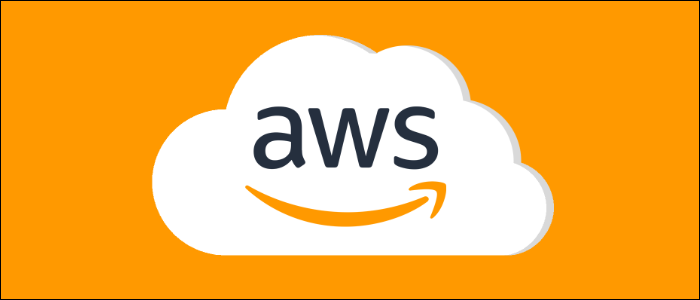
As already noted, the reasons why each customer prefers a vendor varies. However, in some situations, there are facets of competing clouds which offer benefits.
AWS provides a comprehensive and profound benefit in terms of scope. Since 2006, AWS has begun the market and has developed its cloud service suite. All these platforms are planned to be business-friendly to draw the CIOs and their core developers’ audience.
The vendor puts significant focus on device environments, tracking and regulation functionality, protection and trust. Their alliance network and overall product approach are both deemed industry-leading and their AWS platform provides a wide variety of tech services from third parties.
AWS Cons

However, one area where AWS falls relatively short of the gains from local private clouds, is its mixed cloud approach. As mentioned above, however, the vendor eventually introduces the concept.
The size of the bid is another downside to AWS. Although these choices are enticing, the vast range of options available can often be challenging to access and others see AWS as a complicated vendor to handle.
Although AWS as market leader in the cloud business is usually a good development, Gartner stresses that some businesses do not want to squeeze Amazon’s wallets while the big parent company aims to grow and participate in a broader range of sectors such as healthcare and financial services.
Azure Pros
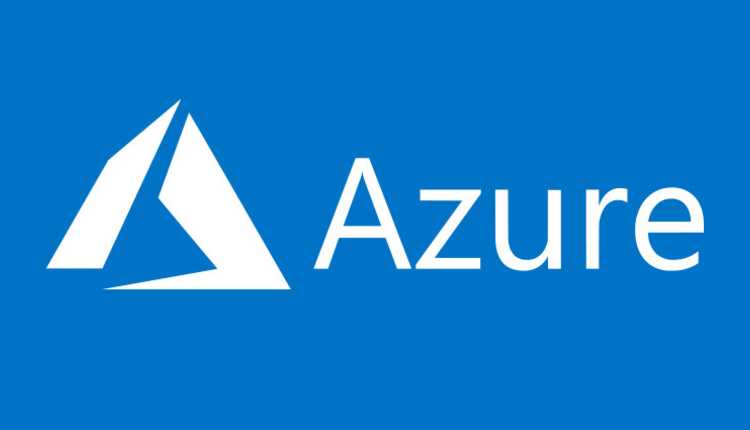
Microsoft has a firm foothold in an enterprise and can effectively lead to the cloud transformation of these organisations, the major downside for Azure. Naturally, Azure communicates with main structures such as Windows Server, System Center and Active Directory from Microsoft.
In January 2020, 56 said they support Azure compared to 48 who opted for AWS, according to the report of Goldman Sachs of 100 senior IT managers.
Azure Cons
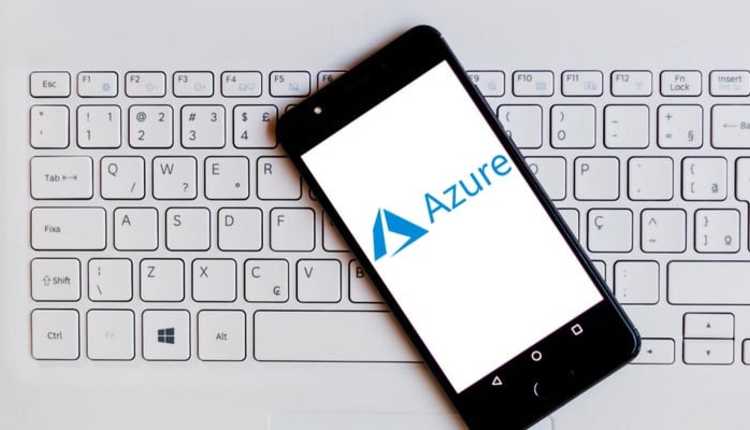
However, a string of setbacks have been one of the downsides over the years, including a massive economic collapse in May 2019. For sensitive apps stored in the cloud, Gartner analyst Lydia Leong suggested taking disaster recovery from Azure into consideration. AWS may not have an absence, but it was seriously impaired in 2017, and in November 2019 Google Cloud last experienced a huge abyss.
Alibaba Cloud Pros
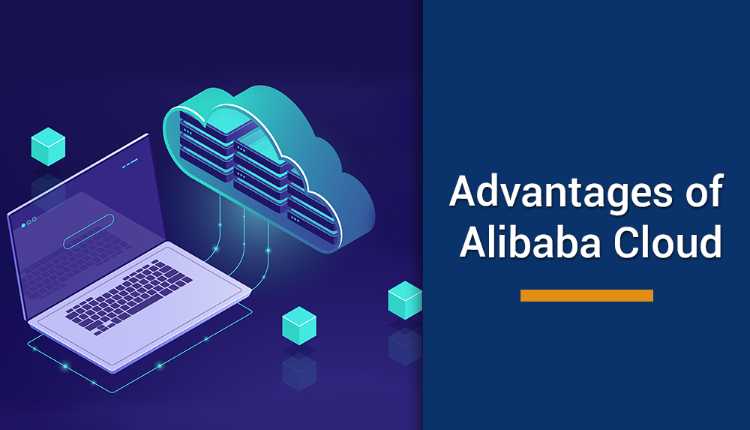
Growing fast and fast has the money to be an asset. Partners with seven famous IT firms, including Intel and Equinix, to help their international cloud presence grow.
Alibaba Cloud Cons
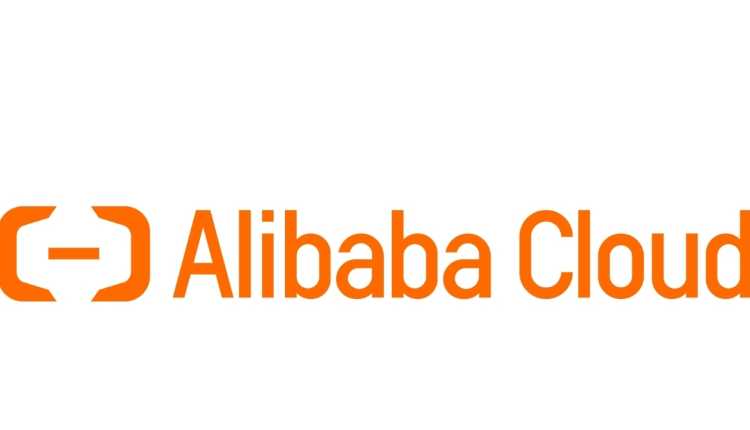
The risk is that sensitive data can be collected on servers entirely outside the United States or that the data is lost entirely, not in an American company.
Managing customer support
Google Cloud Pros
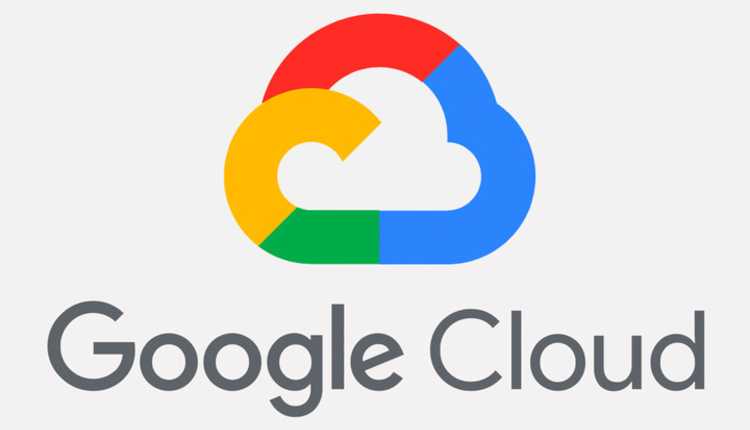
Google has a great background in the open-source sector of creative cloud-born businesses, but has historically failed to enter into the corporate market.
As Gartner put it, Google Cloud typically calls on those customers through its capabilities in ‘big data and other computational technologies, deep learning projects, computer-based apps or other software-based applications.’
Its go-to-market approach centred on presenting itself to be a strategic technology partner instead of smaller, creative ventures in big organisations. If it aims to recruit more conventional firms, it would have to become a priority for the the reach of its alliances and promoting pre-cloud firms and Data production. Also, read Why the Google Chromebook failed?
Google Cloud Cons

Google shows that business accounts are immature in processes and procedures, with which the company can sometimes have difficulty transacting. Their emerging focus on the company market can be attributed to that. In the areas of contract negotiations, discounting, independent software provider (ISV), integration with company systems, and support, process immaturity is highly pronounced, “he said.
The overall company coverage of Google is behind its competitors from a field of sales and solutions. Furthermore, companies often regret the inability of Google to work with solution architects to find suitable solutions to business needs.
It is worth noting that Google has the smallest size of the big three worldwide instances and is also lacking in one of the largest markets: China. On the other hand, AWS and Azure have mainland China regions owned and operated by Beijing Sinnet technology, NWDC and 21Vianet, Chinese third-party partners respectively.
Conclusion
AWS also leads the way in terms of the broad continuum of features and sophistication in very general terms. It is still the strong leader of the sector, but the difference is widening.
A vast range of products and facilities, along with its business-friendly nature, make it a good choice for major organisations. In the meantime the vast and ever-growing infrastructure offers economies of scale that permit a significant price reduction.
Yet it seems that, with its continuing investments in the creation of the Azure cloud platform and other planning to improve the relations with its locale, Microsoft has begun to close the distance between the two.
Microsoft Azure will continue as a good effort for companies who have already invested extensively in technology and technical capabilities in Microsoft – all of which are certainly open.
Then there is Google, which with the current leadership might show a more formidable business rival. It has advanced well with clients, in particular its cybernetics and machine learning skills, but much further work is needed to prove to be a viable business choice.


